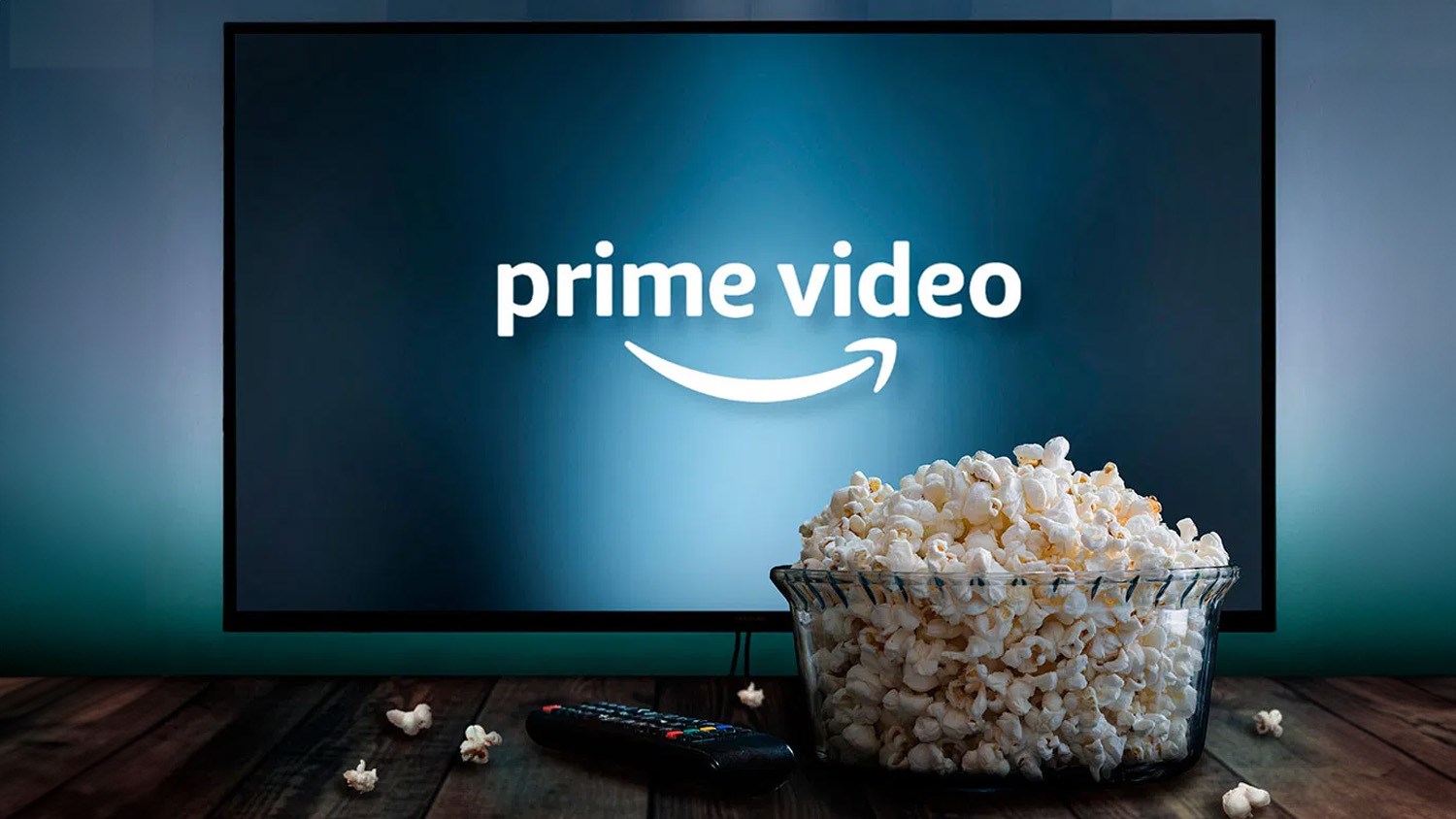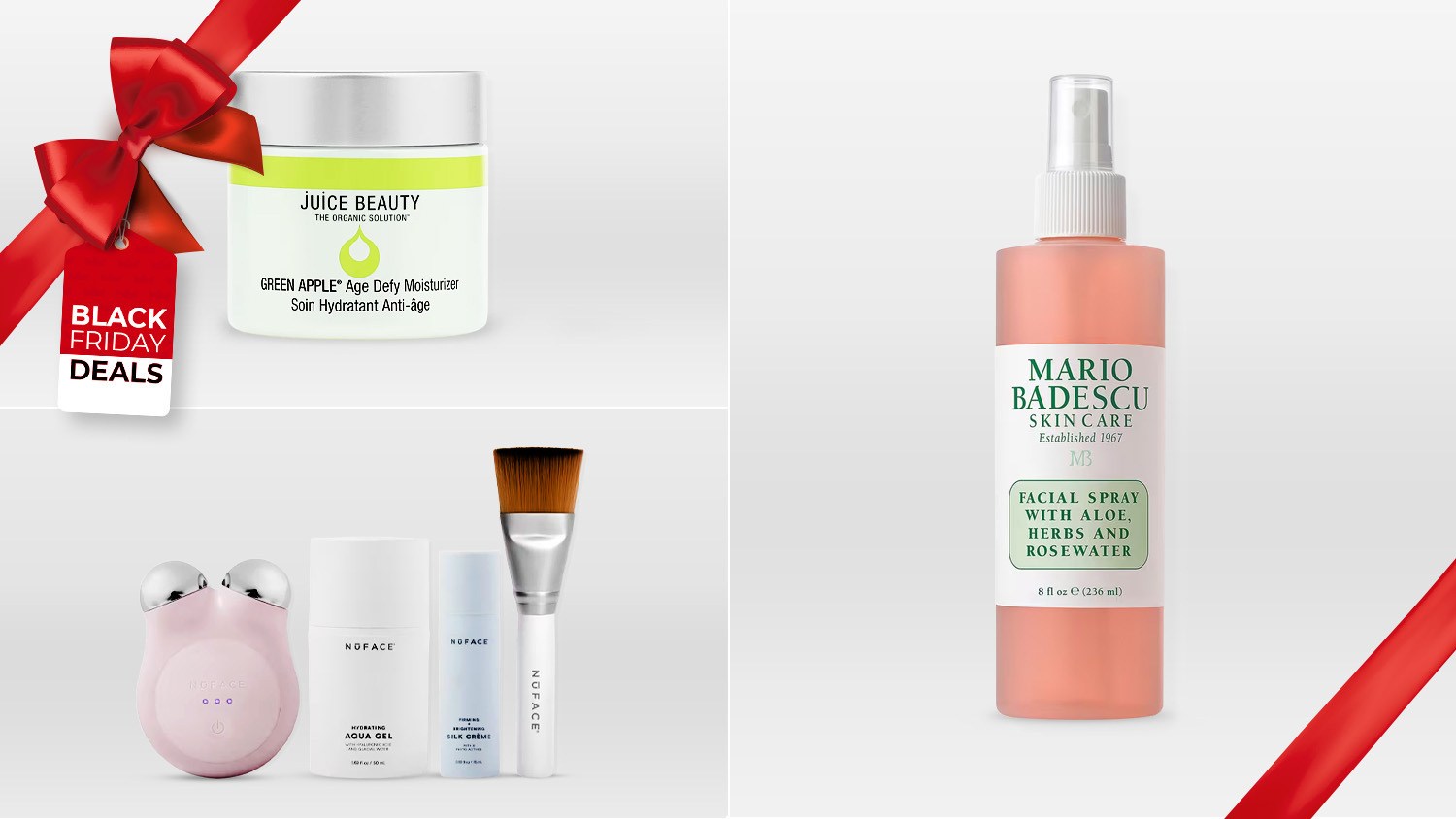RICHMOND, Va. (WRIC) — At a time where people are calling for more diverse leadership, Senator Jennifer McClellan (D-Richmond) has become the second Black woman to announce she’s running for governor of Virginia.
Sen. McClellan had a hand in a number of Democratic victories in this year’s General Assembly, including laws aimed at addressing climate change, elevating criminal justice reform, loosening abortion restrictions, eliminating discrimination and expanding voting access. She has served in the General Assembly for more than 14 years, currently representing parts of Richmond and surrounding Central Virginia counties. She also serves as vice-chair of the Virginia Legislative Black Caucus.
Del. Jennifer Carroll Foy (D-Prince William) is the only other Democrat to formalize their candidacy so far. If either are victorious come November 2021, they would become the first Black, female governor in U.S. history.
The coronavirus pandemic appears to have delayed some announcements in what’s expected to be a crowded field.
Sen. Amanda Chase (R-Chesterfield) is the only Republican to announce her bid for the Republican ticket to date.
The winner will succeed Gov. Ralph Northam when his term expires in January 2022. Governors are not allowed to serve for consecutive terms in Virginia.
Capitol Bureau Reporter Jackie DeFusco interviewed Sen. Jennifer McClellan ahead of her announcement on Thursday. This interview has been lightly edited for brevity and clarity.
What should people know about your personal and professional experience?
I come from a family of public service. Learning about my parent’s life growing up in the segregated South during the Great Depression and through the Civil Rights Movement, I came to view government as something that could be a powerful force for change or it could be a force of oppression.
So starting in college, first through community service and political leadership, and eventually to over 14 years in the legislature, my whole life has been about solving people’s problems and making positive change through government, community and political leadership.
If elected you would be the first Black, female governor in the United States. At a time when many are looking for more diverse leadership, why are you the right person to fill those shoes?
I understand that I carry on the life and legacy of so many Black women from the beginning of our country, whether it’s Sojourner Truth, Harriet Tubman, Ida B. Wells or Shirley Chisholm.
Black women have been the backbone of our communities for 400 years. It is time that we take our place at the front leading and not be relegated to the back. I feel the weight of that but I also feel the weight that I cannot leave these fights for our children and our children’s children to solve. Those fights continue and I’m committed to carrying on that work.
You’ve watched weeks of protests happening in your own city and across the commonwealth. What is your message to those people and what specific reforms would you pitch to them?
First, I hear you and I share your frustration. This is not new, it has been an issue for a very long time and it’s time to take action. We need transparency and accountability. We need to make sure that, not just police, but the entire criminal justice system is removed of inequity. We also need to look holistically at how we prevent crime, not just how we punish crime and that’s going to be my priority. It’s past time that we do that.
You’re expected to enter a crowded field. What do you see as your path to victory? What is your strength over the others?
I’m not running against anyone. I’m running for a vision of Virginia that addresses systemic inequity while rebuilding from the economic and health crisis…and reckoning with racial injustice and restoring faith in the government’s ability to solve problems.
I have a unique understanding of how we got here throughout history and a record of going out into communities and bringing everyone to the table to solve our problems. Being governor, I will set the tone and direction and I think a lot of people are looking for new leadership—with experience.
If you were in charge and had the ability to set the tone, what is at the top of your list? What are your priorities?
The three things that we need to do—which are interconnected—is we need to rebuild Virginia’s economy in a way that doesn’t leave anybody behind and addresses systemic inequality. If we’re just going back to where we were when the pandemic started, that’s not good enough.
We need a high-quality public education that does not leave any students behind because that is key to economic opportunity: a healthy workforce, healthy communities and a healthy, thriving democracy.
Three, we have seen that our healthcare and economic safety nets are stressed to the breaking point. They need to be rebuilt so that we won’t be caught flat-footed when the next one comes.
How has the coronavirus pandemic impacted your aspirations for this office—fair to say it pushed this announcement back quite a bit?
My first priority was addressing the needs of my constituents, my community and my family. In the first couple of months, that’s what I was doing—solving problems. That’s what my entire adult life has been about.
This could be our new normal. We have to push through and, just like any crisis, you have to continue to push forward. You can’t let it stop you.
What would you do differently as governor overseeing this pandemic, if anything?
I think there are going to be a lot of lessons learned. We are still learning those lessons. I think it’s too soon to tell that right now but I have been concerned and continue to focus on making sure there isn’t a disconnect between the policy makers and the people who are hurting out in the community.
The Virginia Legislative Black Caucus did raise concerns that Gov. Northam started reopening too soon. The caucus argued it put communities of color in particular at risk. Do you stand by that?
We felt that we needed to make sure that we had sufficient testing, access to PPE and contact tracing in place for everyone. Based on the data we had at that point, we were uncomfortable. We expressed those concerns and, as we move forward through the various phases, those concerns will continue.
Also, you can’t talk about reopening the economy without addressing childcare and education so I think I have been raising that perspective from day one.
Is there anything you would like to add?
I think people are just looking for some hope that the government and their leaders will listen to them and address their concerns. That’s the whole reason I got into government—to be a force for positive change and solving problems. People need hope right now and I have hope that we can get through this and have a better tomorrow. But this is not a moment, it’s going to have to be a movement. We all need to come together, work together and push through.











































































































